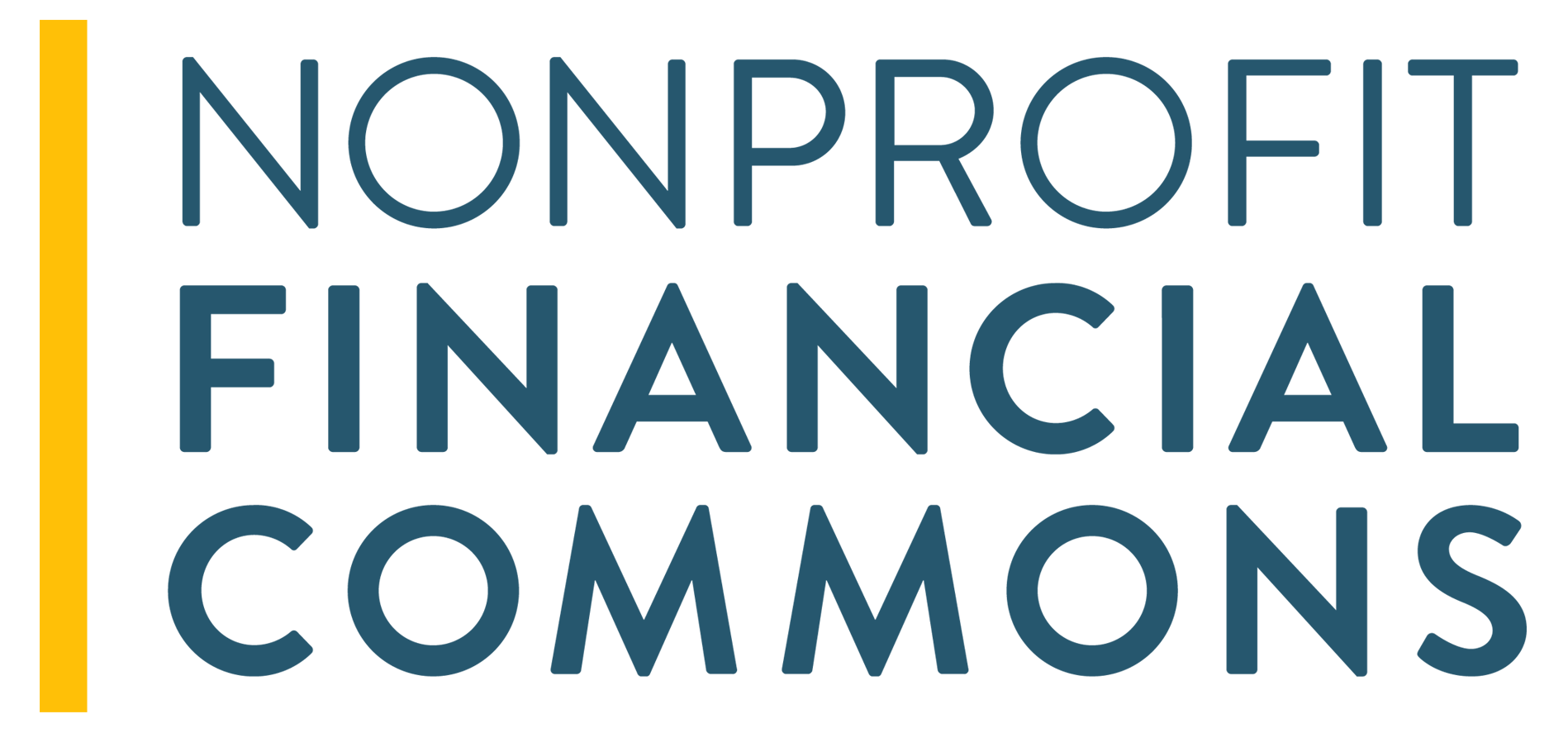-
Financial Oversight Role of Boards Webinar – Let’s Keep the Discussion Going!
The following are selections from the chat from the webinar “Revisiting the Financial Oversight Role of Nonprofit Boards: A More than Monitoring Approach,” hosted by the Nonprofit Financial Commons on April 17, 2024. Below, you’ll find our forum members working out solutions to problems they had and recommending tools to others. But this conversation’s not done! If you can answer some of the unanswered questions, or have recommendations or queries of your own, join in and keep the thread going.
Governance as Leadership and the State of the Field
Debbie: What was the name of the book/study he referenced?
Jeff: Governance as Leadership
Debbie: Thank you.
Nancy: https://www.amazon.com/Governance-Leadership-Reframing-Nonprofit-Boards/dp/0471684201
Michelle: This is an old book and thinking and research around governance has advanced since then.
Mary Elizabeth: Then, @Michelle, what book Reference would you suggest?
Michelle: @MaryElizabeth Depends what you are trying to do and how you define governance, which lives beyond a board.
Finance Models
Molly: Could you explain a bit more about what a finance model is and how you come up with one?
Bill: I think they are talking about how you fund your operations and what you spend your funds on.
Ruth: That course on the business/enterprise models uses a framework that focuses on such stuff as capital needs, common risks, transaction models and infrastructure needs and leadership and organizational culture, implications, etc. Each of the models is different and somewhat dependent on primary revenue source.
Maintaining Memory
Brittany: I find that some board members are not retaining information on our financial drivers and terms in reports. We spend time providing definitions and doing overviews frequently. There are resources that can be referenced. However, I often feel like I am starting over with each meeting covering just the basics. Do you have any advice on how to overcome this?
Ruth: I think people need to become familiar with why some kinds of information matters more than others, Dashboards are great tools for this.
Leslie: @Britanny, can you put common orientation materials on a board portal?
Templates for Financial Reports
Rita: I would love to see templates or examples of financial reports that folks use and find useful — especially relating financials to impact. As a board member I see very traditional reports that I don’t find useful except for revenue and expenses compared to budget. But that doesn’t tell me much.
Bill: @Rita, I focus on the top 3-5 figures that are key to the mission. Currently we present this in a narrative report. I have also used PowerPoint to focus on KPIs.
Liesa: We also developed a financial dashboard for the finance committee and full BOD that has been really helpful of financial KPIs.
Bob: I find that spreadsheets make the Board zone out. Visuals are more effective. The Finance Committee reviews detailed spreadsheets.
Onboarding Tools
Veronica: I saw someone asked about onboarding resources. You may have to sign up yourself, but I’ll try to paste the links here. One easy to use resource I have found for onboarding resources is this reference https://www.joangarry.com/new-board-checklist/.
Finding Treasurers with a Finance Background
Nat: Treasurers that have a finance background are hard to find! And folks without a finance background are wary of taking on that role. Do you have suggestions for resourcing individuals to step into a treasurer role and feel confident in it?
Nancy: @Nat, it IS hard to find individuals with a finance background. In my former organization, we recruited regularly — essentially going to the volunteers/board members who were from large organizations and asking them to make their finance staff available to serve for a few years/terms. Worked well.
Hafidha: @Nancy — that’s a great idea
Executive Director Alone at the Wheel
Karin: What to do if your board leaves EVERTHING to the ED?
Nancy: I second that, @Karin.
Ruth: Is the ED inviting or allowing it? Break up the dynamic in an explicit way. It’s a bad loop.
Ned: @Karin, I’d say try to convince the board chair or governance committee (if it exists) that governance education is needed — name the problem and see if you can get board members to break that dynamic.
Jeff: @Karin, some states will require committees under their statute or for organizations of certain sizes. For example, I was board chair of a national non-profit incorporated in California. When we surpassed $3 million in revenue, we had to form an audit committee.
Karin: @Ruth, I have inherited this board culture.
Ruth: I get that — feel you. Time for envisioning next stage governance.
Assorted Queries
Leda: What is “ERC money,” if I heard the acronym right?
Bill: @Leda, Employer Retention Tax Credits.
Parting Thoughts
Holly: This always seems wild to me. We bring people onto a board who have little to no knowledge about these factors, and then we expect them to provide guidance. Setting them and our nonprofits up to fail.
Bob: It seems to me that there is a difference between the reporting that is done to a Finance Committee on the Board, who is responsible for evaluating and interpreting the whole of financial standing, and the full Board, who needs to know the key issues that they need to evaluate.
Sorry, there were no replies found.
